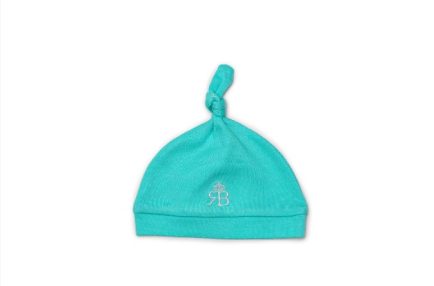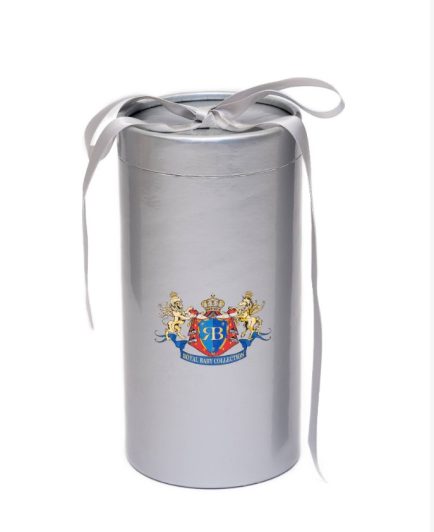Your body has spent months nurturing and growing your baby. Now, all the changes that helped to bring your baby into the world go into reverse. You will have some bloody discharge, called lochia, from your vagina, whether you gave birth vaginally or by caesarean.
The lochia is red at first, then brownish, and finally yellowish. For about 10 days it will be like a heavy period. It can take up to six weeks to tail off. The more you rest, the lighter the lochia will be. Afterpains feel like mild labour contractions and often happen while you are breastfeeding.
This is because the hormone oxytocin, which encourages your womb to contract, is released while you’re breastfeeding. If you need pain relief for afterpains, ibuprofen works better than paracetamol. Ibuprofen is safe to take while you’re breastfeeding. Your pelvic floor, though stretched, should firm up, as long as you do your pelvic floor exercises (Kegels).
You can start doing the exercises as soon as possible after your baby’s birth. Exercising your pelvic floor helps to reduce swelling and speed up healing around your perineum. The exercises also protect you against leaking wee (stress incontinence), which affects many new mums.
Exercising your pelvic floor will also tone up your vagina, and make sex more satisfying – when you’re ready to try it again. You can take paracetamol to reduce pain and swelling in your perineum. Applying a cold compress or pack to your perineum will also help to ease aches and pains. You can make your own cold pack by leaving maternity pads in the freezer before you use them. It’s normal to feel bruised and washed out after having your baby. Grazes and small tears to your cervix, vagina and perineum should heal quickly.
Stitches may be painful for a few days or even weeks. If you had an episiotomy or more severe tear (third-degree or fourth-degree tear), it will take longer to heal. If you’re worried about how you are healing, ask your midwife or GP for advice.
After birth, your breasts will be fairly soft, as they contain colostrum, the first milk your body makes for your baby. A little colostrum goes a long way, because it’s protein-rich and creamy. It’s also full of antibodies that help to protect your baby from infection. After a few days, your breasts will begin to make milk and may feel swollen and tender. It’s your body’s way of making sure there’s plenty of milk for your newborn. Any engorgement will ease as your baby feeds and your breasts adjust to her needs.
At first, your nipples may feel sensitive, with the first 10 or so seconds of each feed feeling uncomfortable. This usually eases after a few days as your nipples adjust. If it doesn’t, ask a midwife to check how well your baby is latching on to your breast. If you’re struggling with breastfeeding, ask your midwife to refer you to a lactation consultant.
Original article: https://www.babycentre.co.uk/a536333/your-body-after-pregnancy#ixzz5QywNFSGe































Comments